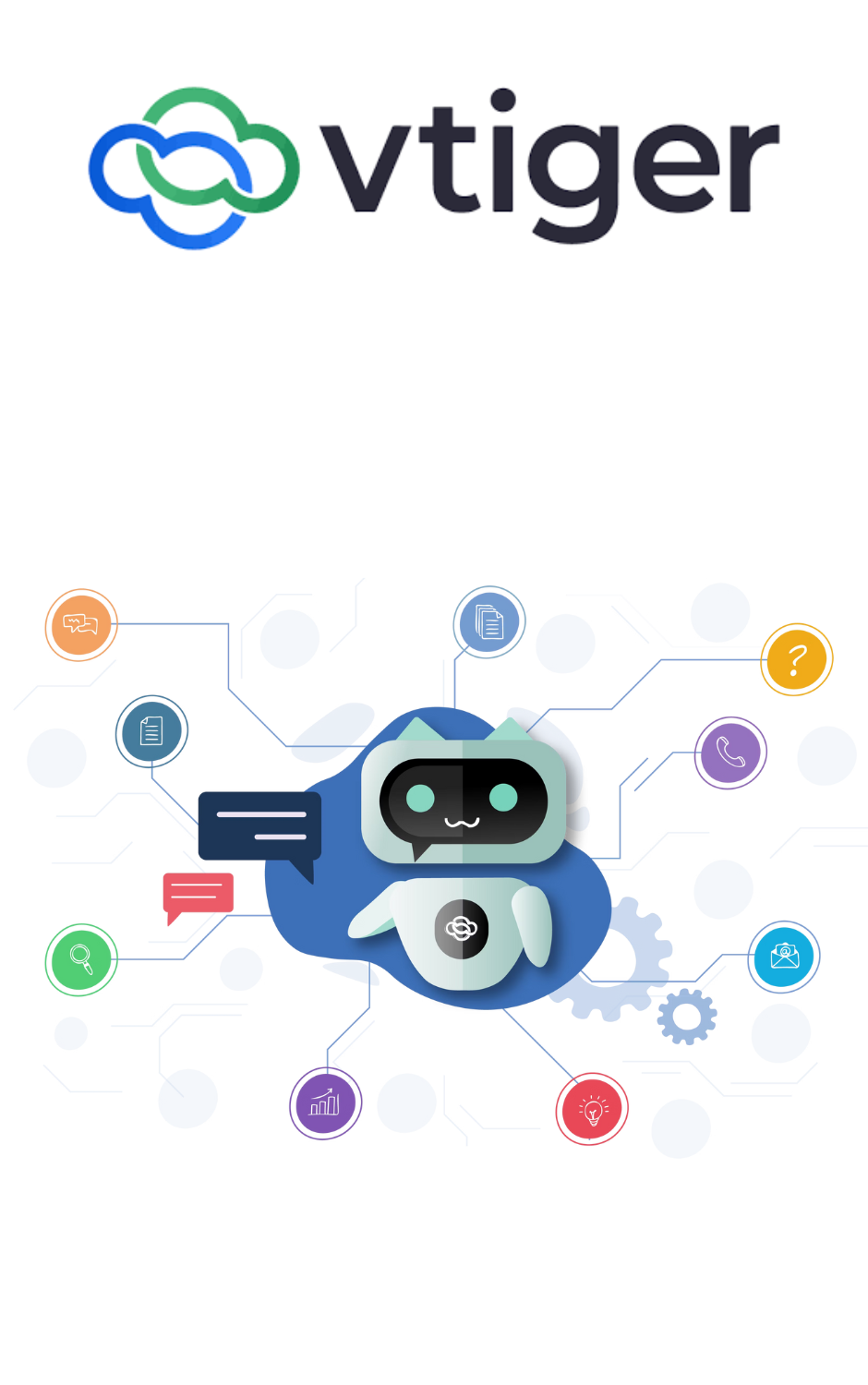CUSTOMER RELATIONSHIP MANAGEMENT
Enhance customer relationships and drive growth with Shift Logic’s tailored CRM solutions.
Enhancing Customer Relationships with CRM
Shift Logic offers robust Customer Relationship Management (CRM) solutions designed to help businesses manage interactions and build stronger relationships with customers. Our CRM systems enable businesses to centralize customer data, track communications, and deliver personalized experiences.
Tailored CRM Solutions for Growth
We provide CRM solutions that can be customized to meet your business’s unique needs, whether for sales, marketing, or customer service. Our tools help you gain actionable insights into customer behavior, optimizing your strategies and driving growth.
Improving Efficiency and Sales Performance
By streamlining processes and automating tasks, our CRM solutions enhance operational efficiency, boost sales performance, and improve customer satisfaction. Shift Logic’s CRM systems help businesses foster long-lasting, profitable relationships with their customers.
FEATURES
WHY CHOOSE US

We have highly trained engineers with in-depth technical knowledge and hands-on expertise with the most up-to-date software standards
- ON TIME DELIVERY
- FLEXIBLE TERMS
- CLEAR COMMUNICATION
- PROOF OF CONCEPT (POC)
- EXPERT ADVISE
- LOCAL SUPPORT
OUR PARTNER
WHY vtiger?

Vtiger all-in-one CRM empowers you to align your marketing, sales and support teams with unified customer data powered by One View. CRM made easy.
- UNIFIED PRODUCT
- ADAPTABLE
- EASY TO SETUP AND USE
- PROVEN LEADER
- ONE VIEW
- AFFORDABLE
- INTEGRATIONS
- SECURE
FAQ
GET EVERY ANSWERS HERE
CRM (Customer Relationship Management) is a system designed to manage and analyze customer interactions and data throughout the customer lifecycle. It helps businesses improve customer relationships, streamline processes, and increase profitability by organizing customer information, tracking sales, and automating marketing efforts.
CRM systems provide customer service teams with access to a unified database of customer information, allowing them to resolve issues quickly and efficiently. With tools like ticketing, live chat, and knowledge bases, CRM improves communication, personalizes customer interactions, and ensures faster response times, resulting in better customer satisfaction.
Key features include contact management, lead and opportunity tracking, sales automation, marketing automation, customer service tools (such as helpdesk and live chat), reporting and analytics, and integration capabilities with other business systems like email, ERP, and social media platforms. A user-friendly interface and mobile access are also important for improving team productivity.
CRM systems help align sales and marketing teams by providing shared access to customer data, enabling better communication and collaboration. Sales teams can track leads generated by marketing campaigns, while marketers can analyze customer behavior and engagement to tailor future campaigns. This alignment ensures that both teams are working toward the same business goals and improves overall conversion rates.

